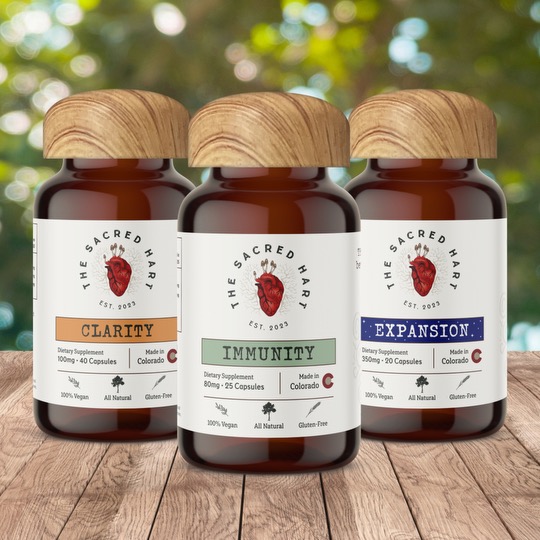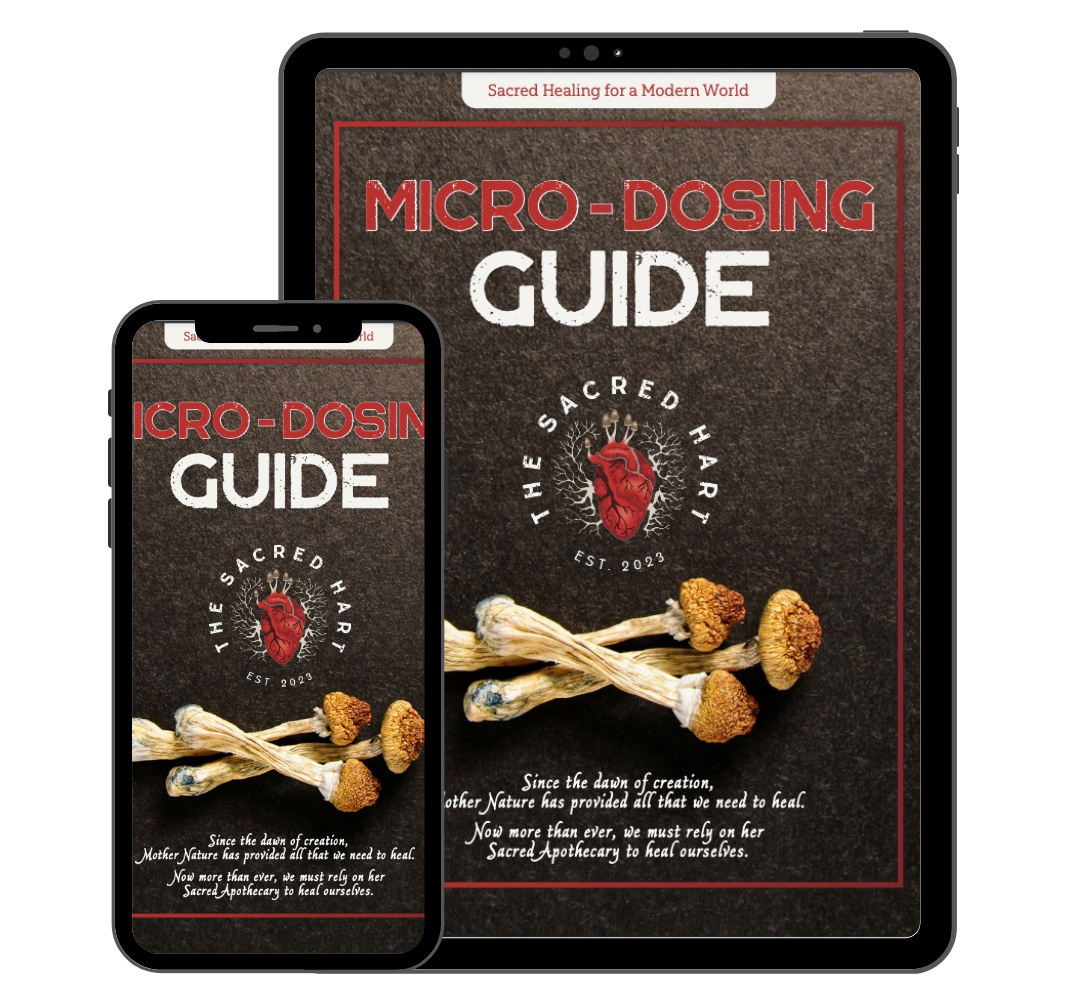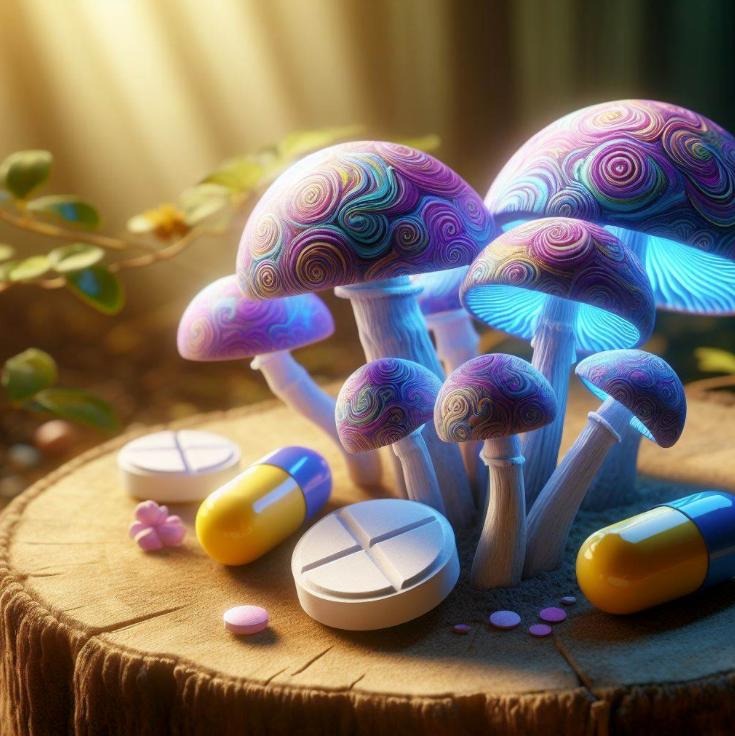Psychedelics, once associated with hippie culture, are emerging as potential game-changers in the treatment of depression and anxiety. At the forefront of this revolution is psilocybin, a potent component found in "magic" mushrooms. Dr. Roy points out that psilocybin has been found to promote neuroplasticity, the brain's ability to adapt to external stimuli. Additionally, it has shown the capacity to enhance compassion, social behavior, and the connection to oneself, others, and the environment. What excites Dr. Roy and her colleagues the most is how hallucinogenic-aided psychotherapy can address the root causes of psychological issues. Psilocybin deactivates the default mode network in the brain, which houses rumination, personal narratives, ego, and trauma—facilitating profound experiences that play a pivotal role in the therapeutic process. The use of psychedelics in medicine is not entirely new. In the 1950s and 60s, psilocybin and other psychedelics were actively studied for therapeutic purposes. However, the American-led war on drugs in the 1970s and 80s curtailed this research until recent times. Dr. Roy suggests that the current state of mental health, exacerbated by the COVID-19 pandemic, combined with limited progress in drug-based treatments since the advent of antidepressants five decades ago, necessitates a fresh perspective. Dr. Roy's work at the Mind Medicine Institute involves offering psychotherapeutic support to participants in hallucinogenic research. One ongoing study, in collaboration with Monarch, involves administering psilocybin to 100 healthy individuals, while another 100 receive MDMA. The research aims to assess changes in the brain, mood, personality, beliefs, and social engagement resulting from these substances. Woke Pharma, a Sydney-based company led by Perth-based Nick Woolf, is planning two psilocybin trials in Western Australia. The first trial, in partnership with a leading university in New South Wales, focuses on microdosing for moderate depression without psychotherapeutic support. The second trial, in collaboration with Imperial College London and Drug Science UK, examines treatment-resistant depression with a therapeutic dose and includes psychotherapy.
Dr. Alana Roy, a clinician and the Psychological Services Practice Manager at Melbourne's Mind Medicine Institute believes that psilocybin, when used in hallucinogenic-aided psychotherapy, yields promising results. She emphasizes that current research has shown that psilocybin is safe, non-toxic, and non-addictive when administered in a clinical setting.
The potential benefits of psilocybin extend beyond depression and anxiety treatment. Studies have revealed its effectiveness in addressing cluster headaches, migraines, obsessive-compulsive disorder, anorexia, and even addiction, such as alcoholism and smoking.
The Science Behind Psychedelics:
The Transformative Power of Hallucinogenic-Aided Psychotherapy:
A Revisiting of Natural Medicine:
In contemporary society, microdosing with psychedelics has gained popularity among tech professionals in Silicon Valley, including figures like Bill Gates and Steve Jobs. Additionally, there is a growing body of evidence supporting the medical benefits of various medicinal mushrooms.The Impact of the COVID-19 Pandemic:
Conventional medication-based treatments, while effective for some, often come with significant side effects and do not offer consistent results. Psilocybin presents the possibility of a more sustainable solution for depression and anxiety, eliminating the need for long-term medications.Empowering Individuals to Heal:
Future Developments in Western Australia:
Both studies utilize synthetic psilocybin for its consistency and patentability, which is crucial for regulatory approval. However, researchers acknowledge that natural mushrooms may contain other potentially active compounds.
In summary, the resurgence of interest in psychedelics, particularly psilocybin, offers promising prospects for revolutionizing the treatment of depression and anxiety, providing individuals with transformative healing experiences.
Psychedelics: Revolutionizing Modern Depression and Anxiety Treatment







Leave a Reply